Identifying Common Internal Control Deficiencies in Nonprofit Organizations
November 17, 2023
Nonprofit organizations play a vital role in society, often working towards the betterment of communities and addressing various social issues. As stewards of public trust and resources, it is crucial for nonprofits to establish and maintain effective internal controls to safeguard assets, ensure transparency, and promote accountability. However, common internal control deficiencies can pose risks to an organization's financial integrity and overall operations. In this article, we explore some of these deficiencies, shedding light on areas where improvements are often required.
Segregation of Duties
One of the fundamental principles of internal control is the segregation of duties, which ensures that no single individual has complete control over a critical process or transaction. Nonprofits frequently face challenges in adequately segregating duties due to limited staffing and financial constraints. As a result, they may experience deficiencies such as the absence of independent review, inadequate separation of financial responsibilities, and a lack of oversight on financial reporting processes.
Cash Handling and Financial Transactions
Proper cash handling procedures are essential for any organization, including nonprofits. However, internal control deficiencies often arise in this area. Nonprofits may lack clear policies and procedures for cash management, leading to vulnerabilities such as inadequate supervision over cash receipts, improper recording of transactions, and insufficient segregation of cash handling duties. These deficiencies increase the risk of misappropriation or unauthorized use of funds.
Budgeting and Financial Oversight
Nonprofits heavily rely on budgets to plan and allocate resources effectively. However, deficiencies in budgeting processes and financial oversight are commonly observed. This includes inadequate board oversight in the budgeting process, lack of timely financial reporting to management and the board, absence of periodic budget-to-actual comparisons, and insufficient analysis of variances. These deficiencies hinder an organization's ability to monitor financial performance and make informed decisions.
Procurement and Expense Management
Nonprofits engage in procurement activities to acquire goods and services necessary for their operations. Deficiencies in procurement and expense management processes can result in inefficiencies, financial loss, and increased reputational risk. Common deficiencies include inadequate policies and procedures for vendor selection and approval, lack of competitive bidding, absence of written agreements or contracts, and insufficient review and approval of expenses. These deficiencies can lead to overpayment, misappropriation, or the procurement of substandard goods or services.
Donor Restrictions and Grant Management
Nonprofits often receive funds with specific donor restrictions or grants that require proper tracking and reporting. Internal control deficiencies in this area may include inadequate systems to identify and segregate restricted funds, lack of monitoring and reporting on the use of restricted funds, and insufficient policies and procedures to ensure compliance with grant requirements. Failure to properly manage donor restrictions and grants can result in financial penalties, loss of donor confidence, and reputational damage.
Conclusion
Maintaining robust internal controls is critical for nonprofit organizations to fulfill their mission, safeguard assets, and promote accountability. CPA firms can help play a vital role in identifying and addressing internal control deficiencies to ensure compliance and improve overall organizational performance. Nonprofits must proactively assess their internal control environment, address deficiencies, and continuously strengthen their control framework. By doing so, they can enhance transparency, mitigate risks, and inspire public confidence in their operations, ultimately enabling them to fulfill their mission and make a meaningful impact in society.
Please reach out to us with any questions you may have. We would be happy to assist you.
Larson & Company staff collaborated on the authorship of this article.


.png)



